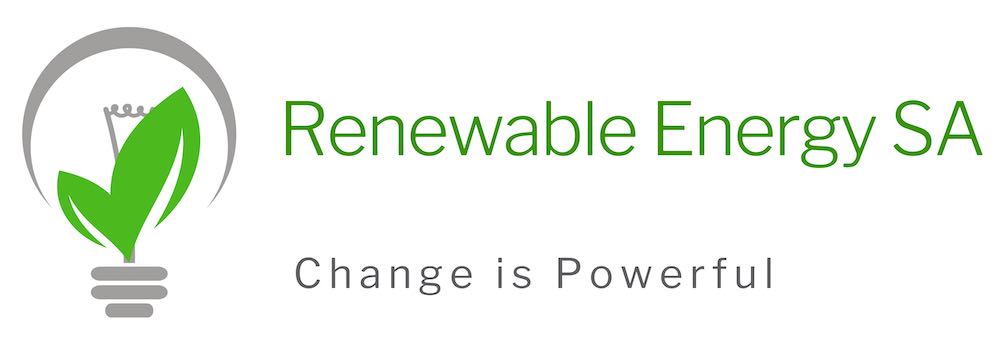Tsebang Dube (29), a third year Bachelor of Education student from Barkley-West, is inspired by the young children in her community and thanks to a bursary, is one step closer to fulfilling her dream of being an educator, with the hope to then specialise in sign language to assist special needs children.
“Living in a small rural town there is only so much available to the children, especially those who are hearing or speech impaired, as we are not fully equipped to provide them with the specialised education they need and deserve. My first-hand experience of this lack of resources is what makes me passionate about making a difference in their lives,” commented Tsebang.
Tsebang is one of six bursary recipients currently being supported by Droogfontein Solar Power’s bursary programme, which is geared towards supporting students in Riverton, Kimberley, Ritchie and Barkley West. The programme covers tuition fees, travel and accommodation costs, book allowances and even a stipend.
“We are thrilled with Tsebang’s enthusiasm and motivation to do well in her studies and that she has this special dream of learning another language to help her communicate with hearing impaired children in her community. This dream came about after she experienced firsthand, the challenges that special needs children have when they can only communicate in sign language and community members aren’t able to respond. This complex language employs the hands and other movements, including facial expressions and postures of the body as an essential means of communication and way of connecting to others,” explained Zuki Ndlela, Economic Development Specialist for Droogfontein Solar Power.
“I am so grateful for the opportunity to study and pursue a career in education. This year, especially, it has helped so much and has had an enormous impact in my life,” concluded Tsebang.
The Droogfontein Solar Power bursary programme offers students in the Northern Cape the opportunity to further their education, especially those wishing to pursue degrees or certificates in education, agriculture or nursing as these areas have been identified as most-needed to support regional economic development.

